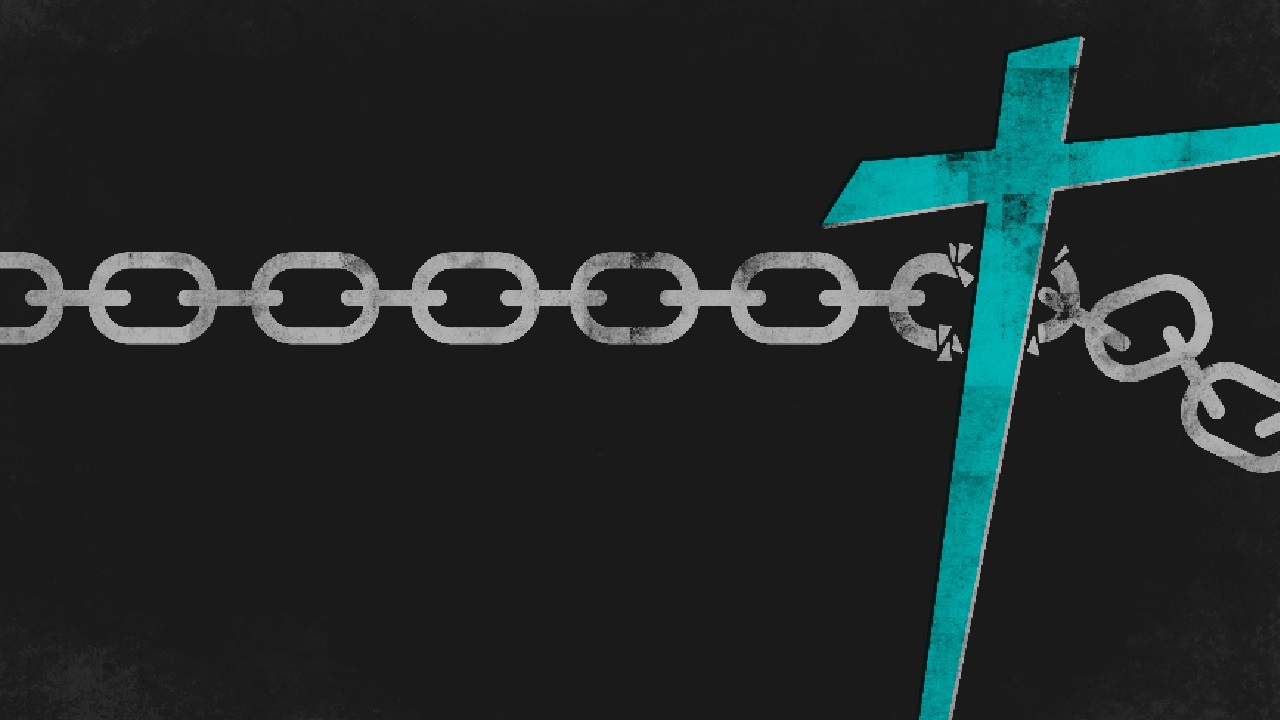DISCLAIMER on “shunning”
The following is not in support of the type of shunning practiced by JWs. That is, refusing to speak or even see a former believer. And this is true no matter how many times a member of the Watchtower Org. denies it!
In his letter to the church at Rome the Apostle Paul warns “to watch out/keep your on those who are causing divisions and stumbling-blocks, contrary to the teaching that you learned, and turn away from them” (Rom 16.17).
He repeats the same warning in his letter to the church at Thessaloniki:
“Take note of those who refuse to obey what we say in this letter. Stay away from them so they will be ashamed.” 2Thess 3.14
The Greek word translated “take note,” literally means “to make a marked man of him.”
Paul explains the reason for this mark is so the Christian “may be ashamed”!
John Gill’s commentary on 2Thess 3.14 furthers adds that,
The clause [mark out, take note] respects the notice the church should take of such a person; not in a private way, or merely by way of admonition and reproof, such as is given before rejection from communion; but by the black mark of excommunication; lay him under censure, exclude him from your communion, put a brand upon him as a scabbed sheep, and separate him from the flock. And so the Syriac version renders it, “let him be separated from you” and this sense is confirmed by what follows, and have no company with him; as little as can be in common and civil conversation, lest he should take encouragement from thence to continue in his sin, and lest others should think it is connived at; and much less at the Lord’s table, or in a sacred and religious conversation, or in a way of church fellowship and communion.
- Wiktionary, A person who has been in bad society and is consequently shunned to prevent their bad habits or reputation from spreading.
Pulpit Commentary:
That he may be ashamed; the design or object of thus noting him. As if the apostle had said, “Bring the force of Christian opinion to bear upon him. Show your moral indignation by excluding him from the Christian community.” The noting or excommunicating was more of the nature of a correction than of a punishment, and its design was the reclaiming of the offender.
Cambridge Bible for Schools and Colleges:
This “mark” set on the obstinate breaker of rule is intended for his good—to the end that he may be ashamed (R.V.), or abashed. This is all the punishment desired for him. If shame is awakened in him, when he finds himself condemned by the general sentiment and left alone, this may be the beginning of amendment. Compare the directions given in the extreme case of offence at Corinth, 2 Corinthians 2:6-8. The door for repentance is left wide open.




